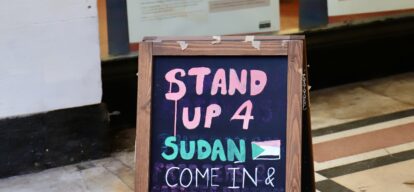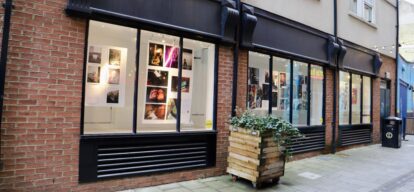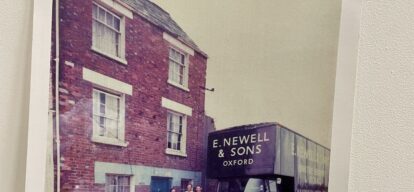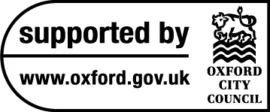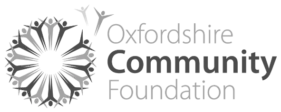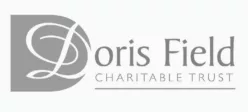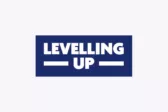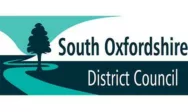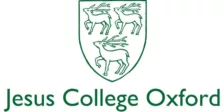Last year we re-launched our Fusion Darkroom with the support and know-how from photographer and lecturer, John Blythe. Our intern Aoife caught up with John to get the lowdown on Fusion's Darkroom.
How did you first become involved with Fusion, and why a Darkroom?
“The starting point for the Dark Room was a bit two-way. I already had a relationship with Fusion as I had been doing some summer workshops with them, on behalf of a charity organisation that they work with called Parasol.
I’d been running workshops for a year or two and on one of the days, a previous Fusion team member mentioned that Fusion had found a dark room and they showed me the space...
At the same time, there had been an archive project going on at Fusion – in terms of trying to organise the archive and history found in boxes and things, so that came up into discussion.
I immediately thought that sounded interesting, and it got me thinking about where we are now in terms of photography, interest in film, and more traditional forms of photography.
At that point, I was doing a Masters at Oxford Brookes in Fine Art. One of the options for that was a professional practice module – there are a number of options you can take, and one of them was some form of engagement with an arts organisation.
I made a proposal to re-establish the dark room and get it up and running, offering access to the public and specific groups on a trial basis, to see if there was demand for it....
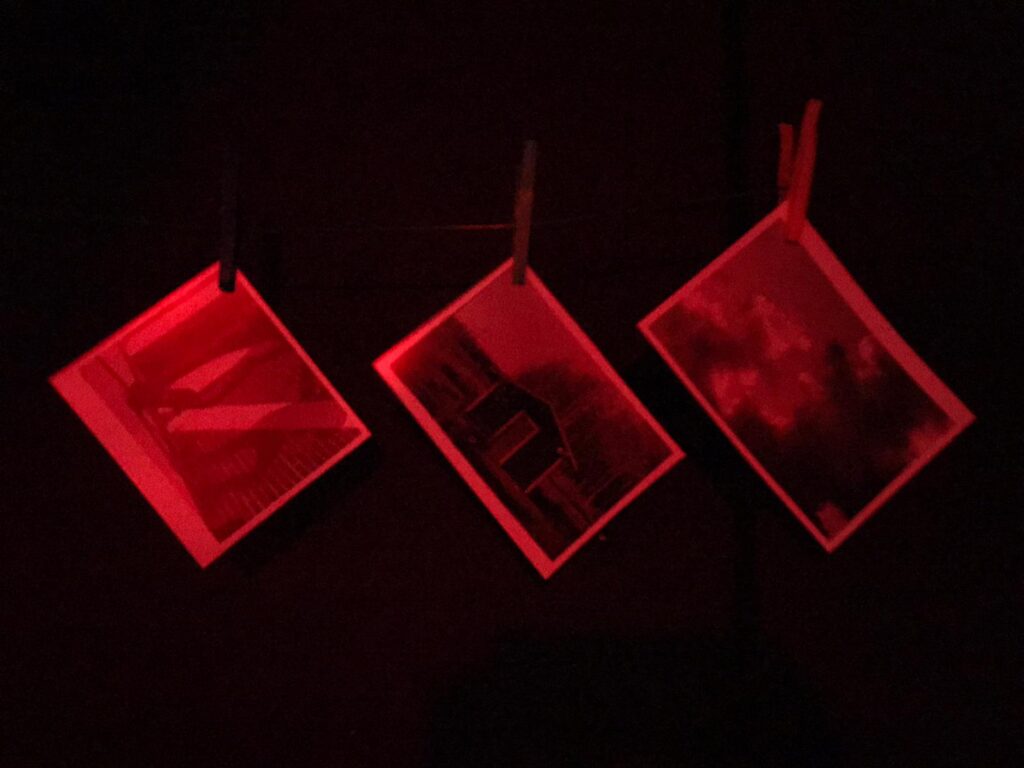
I'm guessing they went for it! How did things progress from there?
"Fusion were very positive about the initial proposal, so I revised it with more details, had a meeting and Fusion team were very supportive and enthusiastic.
And so I started to pull together some resources. They had some stuff from the original darkroom still in storage and then when a new member of Fusion, Cathrin, came on board, she was interested in the idea and offered to help out. Between the two of us we started to clear the space as it was just being used for storage.”
It's great that equipment from the original dark room is still used. I hear that some of the items are also donated?
“That's right, some equipment for the Dark Room was donated by quite a few people, so we gained some more enlargers, and other items to get the Dark Room functioning and ready for use. I contacted a supplier to get materials, and we were donated all the wood for the Dark Room from a recycling centre in Oxford.
We were also granted £250 by a photographic organisation to get things up and running which really helped. All of that happened between October 2018 and April 2019!"
When was the original Dark Room active?
“It finished in around 2000 – that’s when it closed down and I think it ran for quite a long time before that, maybe 10 or 15 years? Somewhere in that region.
Towards the end it had become quite run down and it wasn’t really being used at all. I think they kind of tried to persist with it, but it wasn’t viable given that it wasn’t being used much. It would be quite great to give it time now to let it find its feet.”
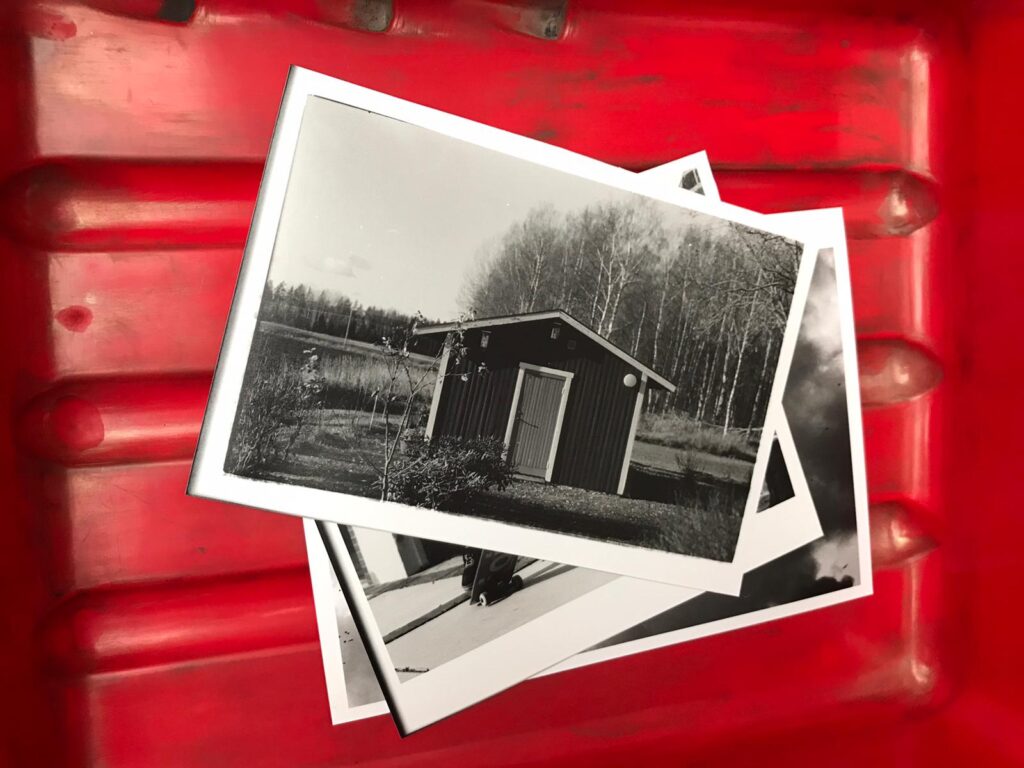
Since it's opening in April 2019, what projects have you run using the Dark Room?
When we had finished getting the Dark Room ready, we ran a workshop series linked to International World Pinhole Day on Sunday 28 April. There’s an online gallery where people all over the world can submit pinhole images that they’ve created within a few days of that date, and share it in one place. The images created from the pinhole photography workshop were added on to the World Pinhole Day website after the first ever workshop.
Over that summer, we ran a series of workshops, exploring a range of different processes. We looked at Cyanotype photography, which is a very early process, piloted by a female botanist called Anna Atkins, who used it to document plant life. It has a mix of photography, science, and history to it.
We then did some Eco and Analogue Photography workshops.
Other workshops we did involved exploring things like Caffenol, which is a film developer made with coffee. You can do some DIY, using instant coffee to make developer to develop film in. This process has minimal environmental impact compared to conventional photographic developer chemistry and does quite a good job.
We also started delivering open evening sessions towards the end of the summer, running every Tuesday night and Friday afternoon."
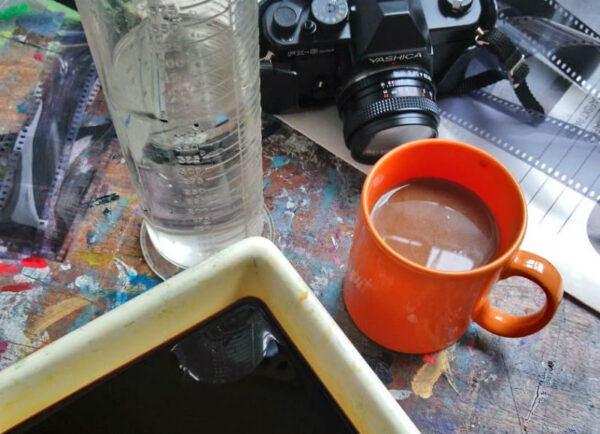
What is your vision for the Dark Room?
“One of the remits that Fusion and I felt was appropriate to the Dark Room was to try and make it as sustainable as possible. We’ve been particularly interested in looking at processes that are more environmentally-friendly than conventional approaches to photography.”
One of the big advantages of the cyanotype is that the chemistry is very non-toxic in the environment. You can use ordinary paper and you can buy the chemistry off the shelf and mix it yourself – so you can use only what you need. You can make the materials as you need them, so that you’re not storing large amounts of stuff.
Another remit of the Dark Room is to gain a broader public – so anybody who’s interested could come along. Now that it’s off the ground, we can start to look at specific groups to see who might value engaging with it.”
Who have you had visiting and using the Darkroom so far?
“The Darkroom is for anybody and everybody in the community, really. The workshops have been open to all who wants to come along. We’ve had age groups ranging from the youngest attendee at the Pinhole Day workshop, who was 10 or 11, to people in their 50s and 60s.
The evening sessions have been quite a mixed bag. We’ve had somebody who’s doing their masters in photography and lives locally coming to try out some of the more experimental stuff here, a professional photographer who wanted to experiment with film, and an academic who works with Waterways taking photos on site using film and processing them.
We get some who are just interested in getting back into photography, people in college who haven’t done it in years. One of the people who came to the Darkroom and tried out developing got so into it that during lockdown he couldn’t help himself and bought an enlarger and all the equipment for a dark room at home!”
Have there been any activities during lockdown?
Projects that we’re trying to get organised for Photo Oxford are under discussion. So definitely watch this space. We are also looking to do a project with school groups fairly imminently, hopefully as part of Photo Oxford as well.
The frustration is that we were actually starting to gather momentum, and were about to launch a series of four-week ‘photography schools’, introducing people to film photography. We also had a summer school programme for younger people to do a week-long intensive course. We had all these things in the pipeline, but unfortunately were unable to follow-through, given the current situation. But once we can I hope we'll get these in place again!"
Do you have future ideas for other kinds of workshops or projects?
Yes, so there are a couple of things I would be quite keen to reinstate, which were part of the original Dark Room. One of those things was actually a mother and toddler group, which was like a kind of self-supervised creche, if you like.
Groups would come in and take turns to use the Dark Room while the others collectively looked after the children, so that they had a chance to take part. I think that offers a really interesting opportunity to create a space for people to do something they otherwise wouldn’t be able to.
You can find further details about the Fusion Darkroom here. You can also join the Fusion Arts Darkroom Facebook Group to hear of upcoming workshops and reopening dates and times.
